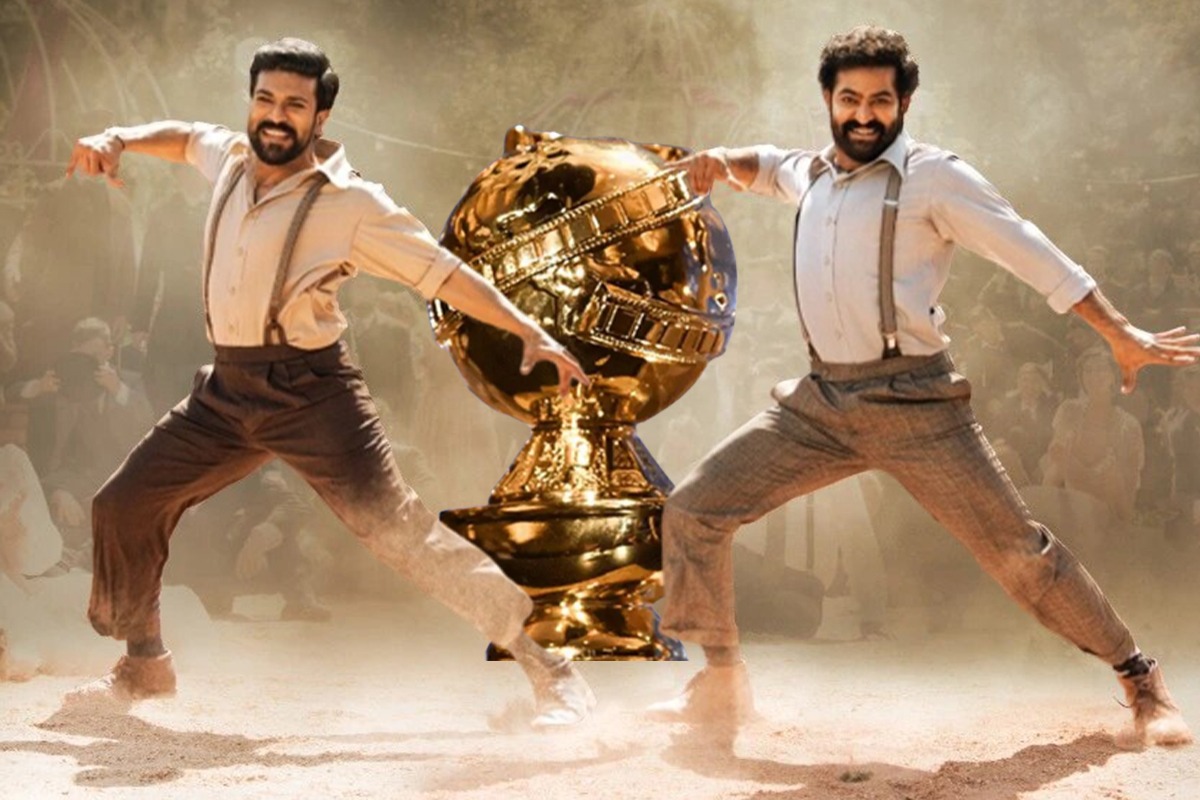Even as a new India learns to flex its muscles on global platforms, the vestiges of our colonial hangover show up occasionally to embarrass us in unexpected ways.
On one hand India’s Prime Minister Narendra Modi and his swashbuckling foreign affairs minister S Jaishankar have set up a new template for the new India that no longer likes to be gaslighted by self-appointed arbitrators of human rights and morality in geo-politics. Modi’s India unabashedly prioritizes its self-interest as a resurgent global power. On the other hand, we have the field of Arts, particularly the film industry that lobbies every year to find its names in the long-list of Golden Globe and Oscar nominations with the anxious eagerness of a government job aspirant looking for his name on the result sheet.
The jubilation around RRR receiving Best Original Song for “Naatu Naatu” is not only misplaced but also detrimental. It takes India away from the path of healing her wounded self-esteem and building centres of excellence that are rooted in her cultural mores and ethos.
Seeking Western validation conveys as if India still carries the brown man’s burden of not feeling adequate with the stamp of approval of her audience. RRR captured the hearts and minds of Indians like no other film. Its pan-India appeal defies all conventions, be it in business or format of story-telling. And yet, the much loved lead actor, who also happens to be a political scion turned himself into a meme with his ` accented English on a global platform — making a mockery of the larger than life image of the iconic role he essayed.
All the biggest hits of the last few years – be it Kantara, RRR, Pushpa found their place under the sun because the Indian audience showed the courage and the intelligence to transcend language barriers and rejected formulaic Bollywood rom-coms. Still, the film industry continues to be desperate for recognition in the West.
Ironically, these so-called prestigious awards are plagued by problems of their own. Golden Globes has been enmeshed in allegations of corruption, racism, and sexual assault. In 2021, an investigation into the organisation that gives away Golden Globes awards found that a handful of nobodies ran the affairs and had zero black voters on its panel.
The #OscarsSoWhite trend started a much needed conversation around the lack of diversity in jury and nominations in the Academy Awards. Hollywood is hardly a morally upright utopia that many Indian actors believe it to be. The #MeToo-Harvey Weinstein episode exposed the so-called progressive Hollywood as just as exploitative as any other industry in any other part of the world.
As the disgraced Golden Globe returned on air, Comedian Jerrod Carmichael who hosted the event didn’t shy away from stating the obvious. In his opening monologue he shamed the custodians of high Art for putting him there as the host only because of his black identity and only to redeem themselves.
Bestowing honour on RRR may project the Golden Globe as an institution that believes in diversity. In reality, it is convenient tokenism to whitewash allegations of racism and discrimination. The Golden Globe jury may feel good about itself and reduce the White man’s guilt about British colonial history by giving away this award but it does nothing for a country of a billion plus teeming with raw talent and original stories to tell.
RRR is way more than a viral dance song. The jury’s choice for the category of the award trivialised the essence of the movie which was an ingenious expression of the brutality that Indians suffered at the hands of the British colonial rulers. In the past as well, western film award institutions like Oscars exposed their bias by rewarding a mediocre movie like Slumdog Millionaire showcasing Mumbai’s poverty porn, which itself is a legacy of the exploitative British rule in India. It denied the same honour to the blockbuster Lagaan which had powerfully captured the tyranny inflicted on India’s poor by the British.
The West is mistaken to think that celebrating Indian pop-culture without acknowledging and apologising for its colonial atrocities committed against the indigenous people of India will help restore its stigmatised historical image.
Indians falling for such pretentious optics by the West and misconstruing it as a civilisational achievement is counterproductive to the country’s desire to be comfortable in its own skin and transform its entertainment industry into a bona fide global soft power.
To top it all, India’s obsession with the West is such that the Government invites Western nobodies to judge Indian films and give sanctimonious lectures on art. India learnt nothing from the embarrassing event of inviting an unknown filmmaker like Nadav Lapid who dismissed the heart-wrenching story of Kashmiri genocide as mere propaganda.
India cannot develop an independent outlook if she continues to crave for western validation. Instead of diverting resources on western endorsements, India must invest heavily in building its own centres of excellence that honour originality and creativity in a dignified way.










